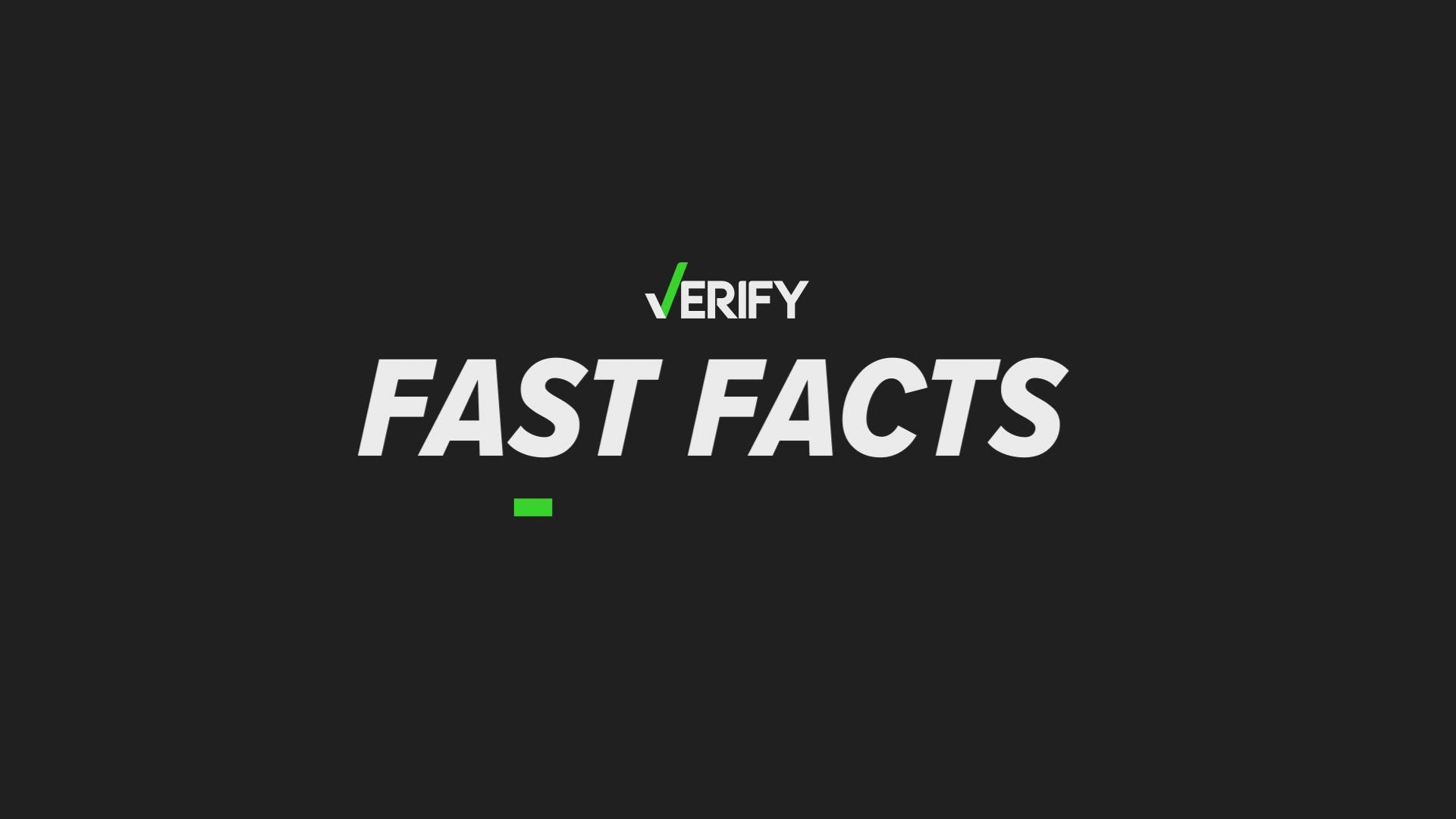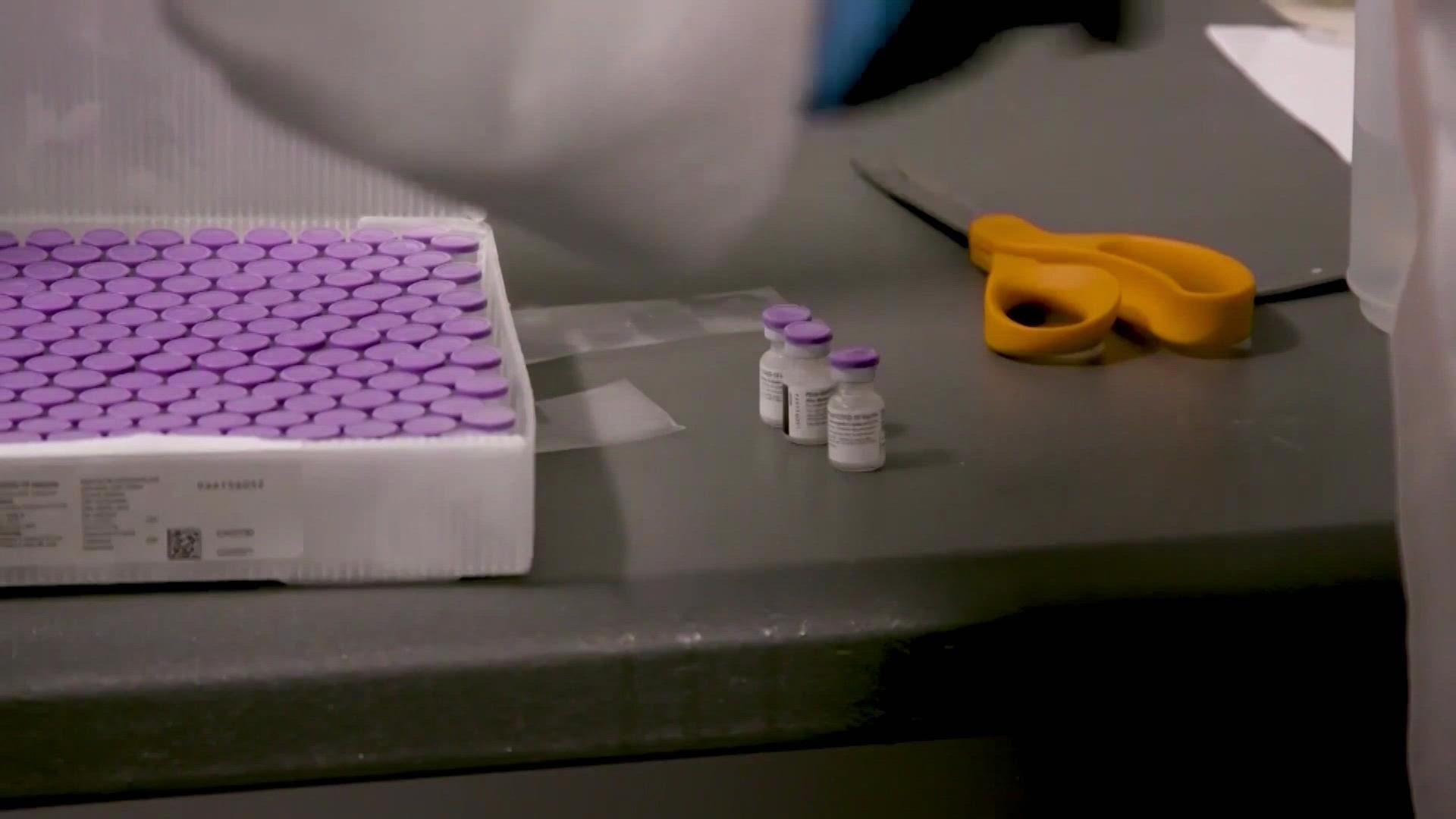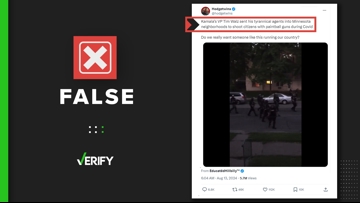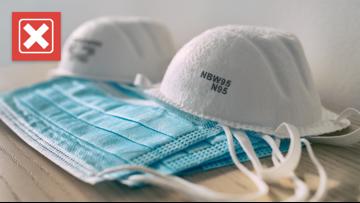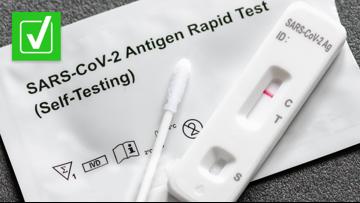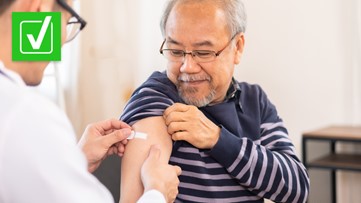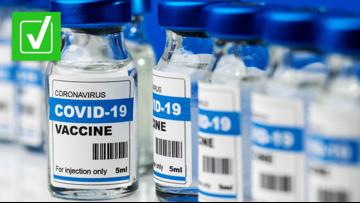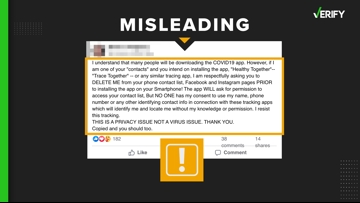The FDA authorized a third COVID-19 shot for some immunocompromised people in August, to help boost their immune responses to the COVID-19 virus as the highly transmissible delta variant spreads rapidly across the United States.
Some news headlines called the third dose of the COVID-19 vaccine a ‘booster shot’ after CDC’s announcement on Friday. That term also spiked on Google Trends. But is this third shot a ‘booster’ shot?
THE QUESTION
Is the third dose of the COVID-19 vaccine a ‘booster shot’ for immunocompromised people?
THE SOURCES
- The Centers for Disease Control and Prevention (CDC)
- The Food and Drug Administration (FDA)
- Dr. William Schaffner, Professor of Infectious Diseases at the Vanderbilt University Medical Center
- Dr. Elad Sharon, Medical Oncologist at National Cancer Institute
THE ANSWER
No, the third dose for the immunocompromised is not called a “booster shot.” It is called an “additional shot,” because booster shots are meant for people with healthy immune systems.
WHAT WE FOUND
On Friday, Aug. 13, the CDC announced the FDA authorized a third COVID-19 shot for people who received an mRNA vaccine, either from Pfizer or Moderna. That shot is meant to boost their immune response, but is called an “additional shot” instead of a “booster shot.”
The CDC defines an immunocompromised individual as someone with a weaker or weakened immune system, caused by a medical condition or treatment, among other reasons.
According to Dr. William Schaffner, when an extra dose of vaccine is given to someone with a healthy immune system is called a booster shot. But when it is given to someone with a weakened immune system, it is called an additional dose.
“Immunocompromised people are immune-compromised, which means their immune system doesn't work as well. So they don't respond as well to the vaccine," said Dr. Schaffner. "And so, these people who are inadequate responders are given a third dose in the hopes that with a little more push their immune systems will at least amongst some of them, give them more antibody that is more protection."
Dr. Elad Sharon, a medical oncologist at the National Cancer Institute, tells VERIFY cancer patients may be immunocompromised because of the type of cancer they have or because of the treatment for that cancer.
"The patients that I think from a cancer perspective are most at risk are actually the people who have blood cancers — so people who have leukemia, lymphoma, you know, some cancer that actually affects some component of their immune system," said Dr. Sharon. "Those patients, just as you might suspect, actually are probably immunocompromised even if we give them no therapy whatsoever because they already have defects in their immune system that led to the cancer occurring, and that by itself means that they are probably at increased risk for severe outcomes associated with COVID-19."
Dr. Sharon says getting an additional shot may provide a benefit to people who are immunocompromised.
"From the risk-benefit perspective, it's clear that it does make sense to offer this to patients, to the extent to which it's going to work for an individual patient," said Dr. Sharon. "I think it's really going to depend a lot on who these patients are, how old they are, what kind of cancer they have, and what kind of therapy they're on."
Meanwhile, Dr. Shaffner further explained that the rest of the population gets a good response from the vaccine.
“That’s why in the future, if that response wanes, we’ll kick it up with a booster”, he said.
As of now, booster shots are not yet being offered for people with healthy immune systems who received the COVID-19 vaccine. Additional shots are also not yet authorized for people who received the Johnson and Johnson vaccine, but experts told VERIFY that is expected to change soon.
More from VERIFY: No, the CDC’s third dose recommendation does not include the Johnson & Johnson vaccine
